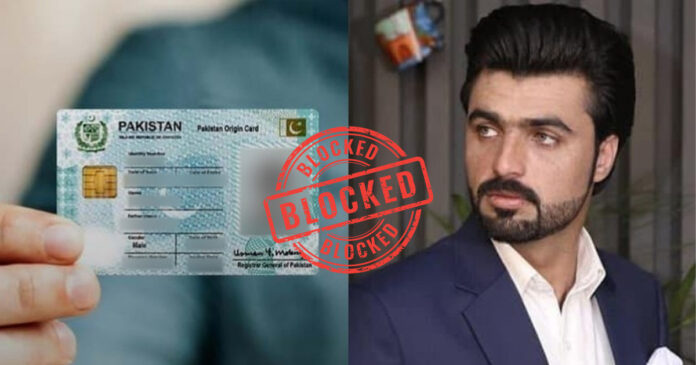Justice Jawad Hassan of the Lahore High Court has issued notices to the federal government and other respondents after viral ‘chaiwala’ Arshad Khan, challenged the blocking of his computerised national identity card (CNIC) and passport. Arshad Khan, who became famous in 2016 when a photo of him pouring tea went viral on Instagram, claims that his identity documents were unlawfully blocked by NADRA and the Directorate General of Immigration and Passports.
Represented by Barrister Umer Ijaz Gilani, Arshad Khan approached the court under Article 199 of the Constitution. His petition argues that the actions taken by NADRA and the immigration authorities were unconstitutional and illegal. Mr. Gilani stated that Arshad Khan represents the ideal Pakistani dream, rising from modest beginnings to global fame after his candid photograph as a tea seller went viral. He further claimed that despite his international recognition, the actions of NADRA and other authorities were harming Khan’s career and reputation.
Violation of Basic Rights
Gilani also argued that the requirement by NADRA for pre-1978 proof of residency was unjustified, with no legal basis. He emphasised that Mr. Khan’s family had documented citizenship history. Referring to Articles 4, 9, 14 and 18 of the Constitution, the lawyer highlighted that Khan’s rights to livelihood, dignity, and lawful treatment were violated.
Read more: All You Need to Know About the Government’s New NADRA NIC Rules
Government Officials Defend the Action
The court was informed of precedents from the Sindh High Court, Islamabad High Court, and previous judgments of the Lahore High Court, which had declared the blocking of CNICs and passports without due process to be illegal. In response, the assistant attorney general and NADRA’s law officer questioned the maintainability of the petition, arguing that Khan had failed to provide enough documentation proving his Pakistani nationality.
Justice Hassan issued notices to the respondents, requesting para-wise comments and ordering senior officials from NADRA and the Directorate of Immigration and Passports to present relevant records to explain their actions. The court also barred the authorities from taking any adverse actions against Khan.
In a related matter, Justice Hassan restrained the authorities from taking any coercive action against another petitioner seeking recognition of Pakistani citizenship by birth. The petitioner, born in Pakistan to Afghan refugee parents, had presented a birth certificate issued by the Government of Pakistan. The court directed NADRA to make a decision on his citizenship claim within a month and prohibited any government agency from taking action against him until the matter was resolved.
Stay tuned to Brandsynario for the latest news and updates.












































